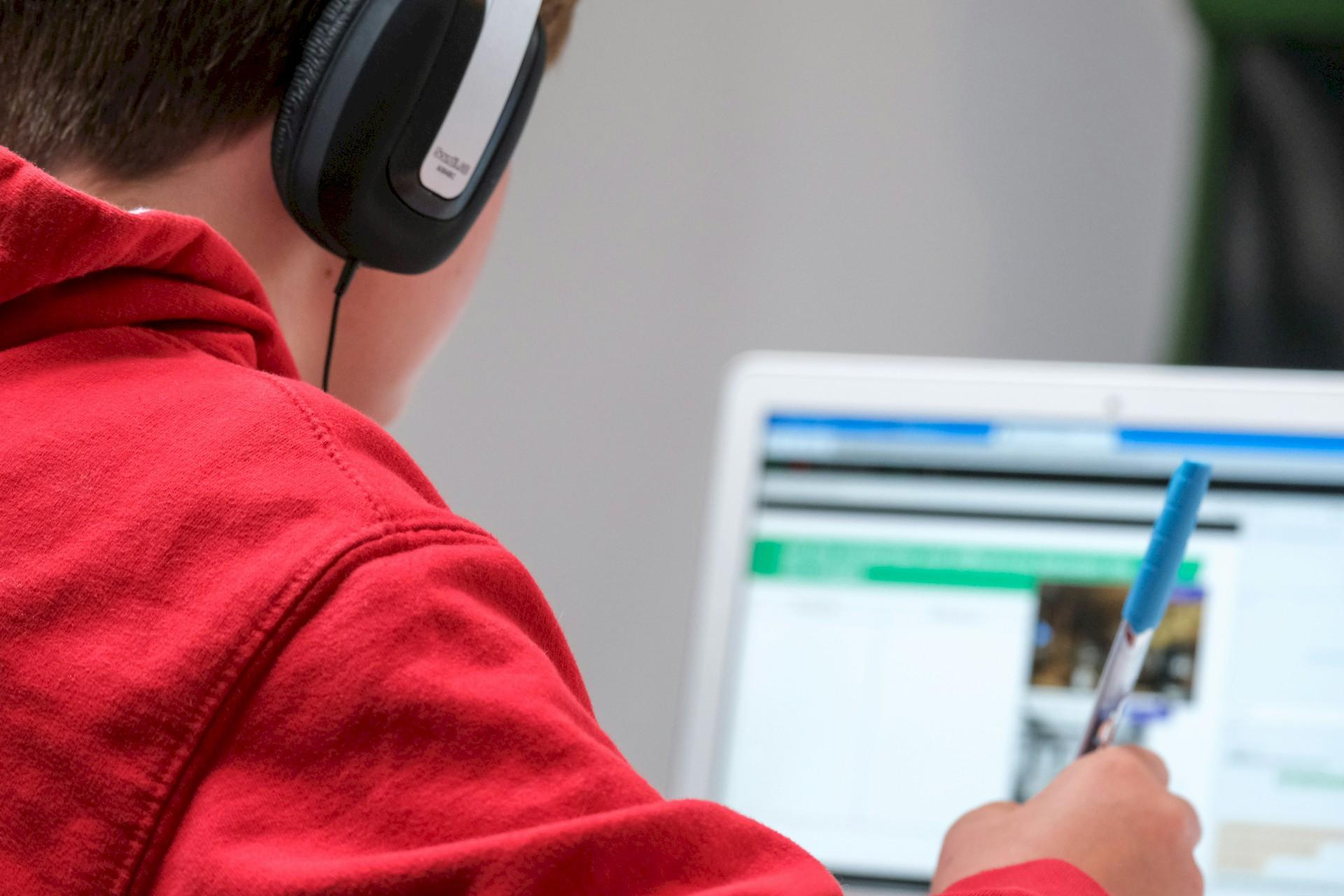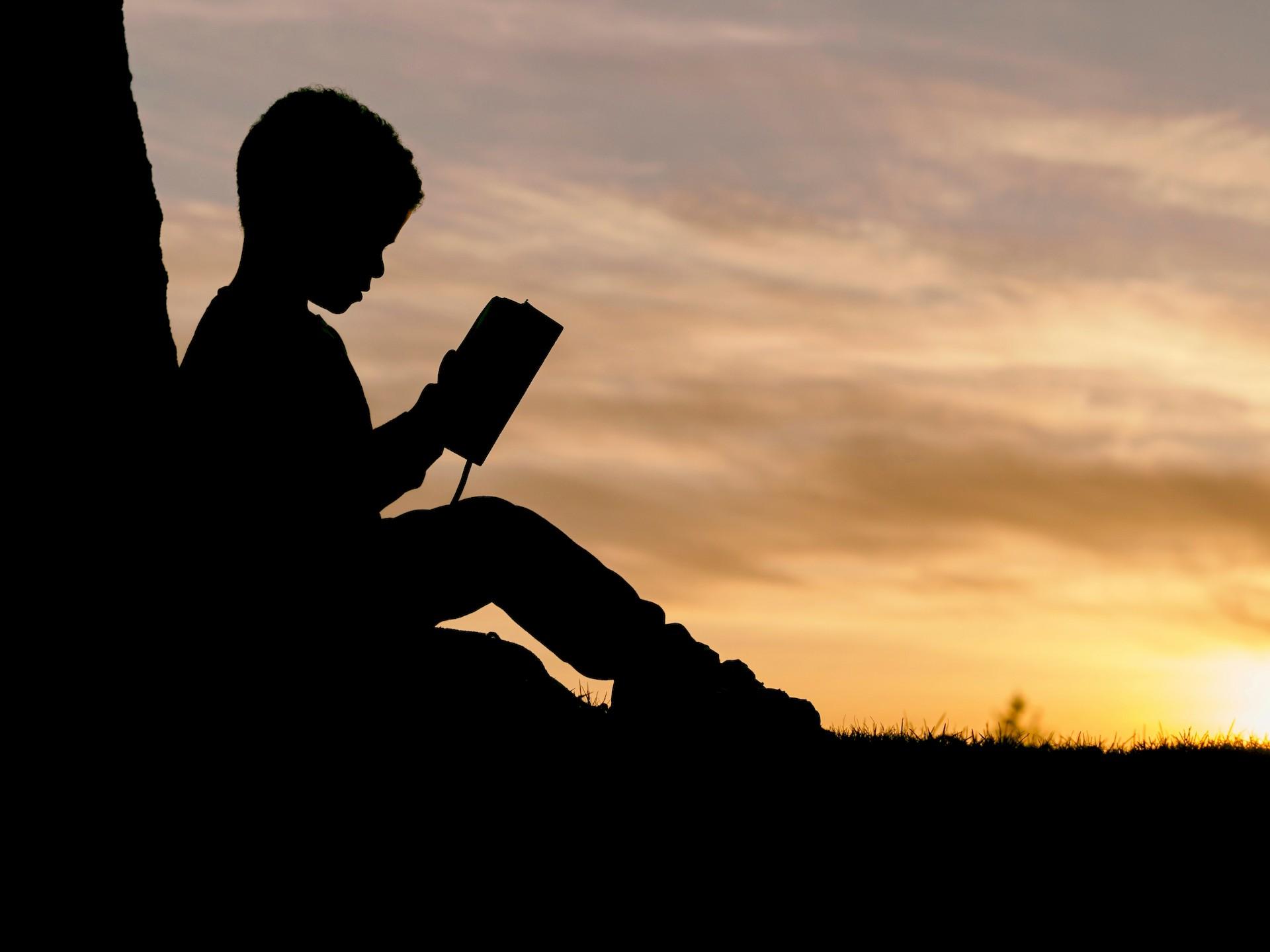According to PISA ranking 2023, the children are not doing well at all. The most recent findings from the Programme for International Student Assessment (PISA), a leading global organization for ranking students, are causing concerns throughout Europe.
The Programme for International Student Assessment (PISA) stands as a beacon, illuminating the academic proficiency of 15-year-olds across the globe. Every three years, this comprehensive assessment, conducted by the Organisation for Economic Co-operation and Development (OECD), scrutinizes students’ abilities in reading, mathematics, and science, providing valuable insights into the effectiveness of educational systems worldwide.
The year 2023 marks the latest iteration of this crucial evaluation, and the results, released on December 5, 2023, paint a compelling picture of the global educational landscape. With 81 countries and economies participating, PISA 2022 delved into the intricacies of mathematics, complemented by an additional test of creative thinking.

What does PISA ranking 2023 show us?
PISA ranking 2023 unveiled some noteworthy trends that shape the current educational landscape. One striking observation is the widening gap between high-performing and low-performing countries. While students in top-ranking nations like China, Singapore, and Estonia continue to excel, those in less-advantaged regions struggle to keep pace. This disparity highlights the pressing need for equitable access to quality education worldwide.
Another notable trend is the increasing emphasis on creative thinking alongside traditional academic skills. PISA 2022’s focus on mathematics, coupled with the creative thinking assessment, underscores the growing recognition of non-cognitive skills in the 21st century. As innovation and adaptability become increasingly crucial for success, nurturing these abilities is paramount.
The top 10 countries according to PISA ranking 2023 are as follows:
- Singapore – 560
- Macau – 535
- Taiwan – 533
- Japan – 533
- South Korea – 523
- Hong Kong – 520
- Estonia – 516
- Canada – 506
- Ireland – 504
- Switzerland – 498

The data from PISA ranking 2023 provides valuable insights into the performance of different countries. One key finding is that Asian countries dominate the top rankings, with five regions – Singapore, Macau, Taiwan, Japan, and South Korea – holding the top five positions.
Another interesting trend is that lower-income countries, such as Vietnam, tend to perform better than wealthier nations, such as the United States, in these metrics. This could indicate that investments in education and socio-economic factors play a role in determining academic achievement.
Nordic countries, known for their progressive educational systems, show a mixed bag of results. While Estonia stands out for its exceptional performance, other Nordic countries like Norway, typically considered leaders in education, lag behind.
AI Chatbots and education cannot coexist under the same roof
The release of PISA ranking 2023 coincides with the advent of language models like ChatGPT, and artificial intelligence (AI) systems capable of generating human-quality text. While these models exhibit remarkable capabilities in producing coherent and grammatically correct prose, they lack the human element that underpins education.
ChatGPT, for instance, can effectively summarize factual information and craft engaging narratives. However, it falls short of comprehending the nuances of human experience, the ability to think critically, and the capacity to innovate. These qualities, essential for fostering well-rounded individuals, remain the domain of human education.

On the other hand, there is the use of artificial intelligence in exams and assignments, which is the most common complaint of educators. When we look at the world in general, many parents, with the exception of a few countries, argue that their children are not getting an adequate and proper education and that the current system of educate and test is not very suitable for today’s conditions.
But what makes this sub-optimal system work a little bit is that it forces children to think through exams and assignments. Young people and children are very active users of technology and keep up with current trends better than anyone else.
Therefore, it would not be wrong to think that they interpret artificial intelligence as a shortcut to success and they utilize it to have a way of skipping the system they need to think about by having artificial intelligence solve almost all the tests and do assignments for them. After all, ChatGPT has passed an MBA exam previously and the result is what PISA ranking 2023 shows us.
Featured image credit: Alexander Grey/Unsplash.






